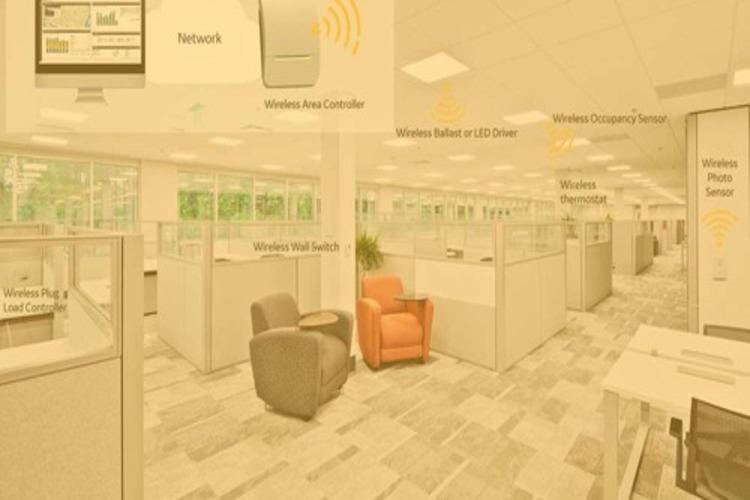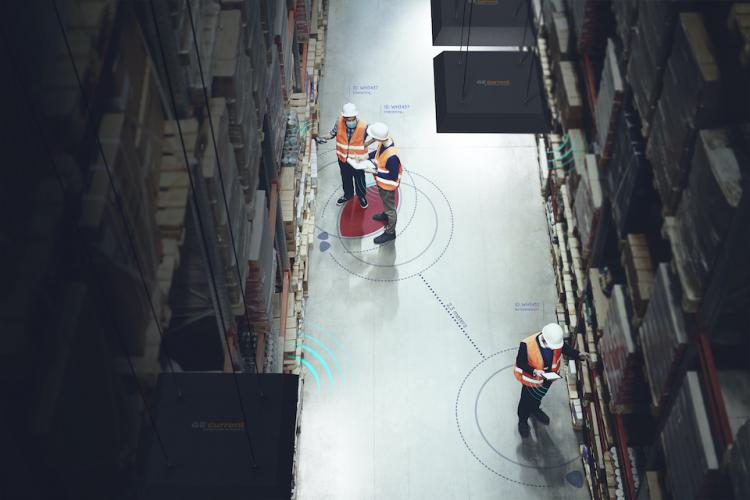Why Your Business Needs an Intelligent Ecosystem
Why Your Business Needs an Intelligent Ecosystem
Without a doubt it’s important to offer an open intelligent building platform, but the essential characteristic of this platform is a vibrant ecosystem that connects buyers to sellers and adds value (think of Airbnb and Uber which doesn’t own the assets but are “matchmakers”). At Current, we are fostering an ecosystem of device vendors and industry-leading Independent Software Vendor (ISV) partners that deliver a wealth of creative solutions and can propel businesses to new heights.
The biggest beneficiary of these ecosystem solutions is the customer. Current’s platform approach offers unique value, standing in contrast to traditional building automation vendors that differentiate their products by adding features or reducing costs. Here’s why:
- It’s an open platform that integrates with devices from a wide array of vendors. It supports custom application development by customers, partners, system integrators and 3rd party vendors.
- It’s a standards-based platform. It supports ZigBee, BACnet, Haystack and other widely adopted standards.
- It gathers, normalizes and exposes data in a standardized format, eliminating the need for each new ISV to install and commission new hardware and software to gather and exploit data, which quickly becomes cost-prohibitive.
Compare this approach to proprietary solution providers that lock the buyer into a single manufacturer. This approach may seem cost competitive at first glance but in the long run it is more expensive. Many vendors take advantage of being the sole supplier by engaging in price gauging when it comes to adding on to the solution or providing maintenance. Sole source products also run a greater risk of quality deficiencies and premature obsolescence and prevent the customer from adding new, innovative and less expensive solutions over time.
On the other hand, standards-based systems support multi-vendor compatibility. Multiple ecosystem partners offer choices that create competition (like Amazon marketplace) thereby keeping prices in check. Standards also ensure that investments in automation systems are future proof by facilitating the seamless upgrade of systems when new ecosystem products, sensors and applications are launched. The customer is free to pick from wide range of device and application vendors that suit its needs.
The beauty of working with an ecosystem is the wealth of apps that aspiring startups and other companies have already developed. Today, we have 100 ecosystem partners that offer differentiated value propositions.
It goes without saying that the Internet of Things has to be open in order to succeed, and I am certainly very proud to be part of this technology revolution that brings together the efforts of many brilliant individuals and is in the best interests of the customer.







